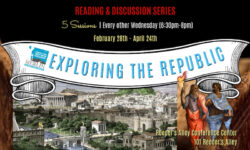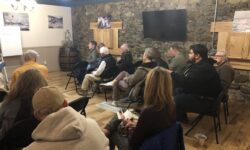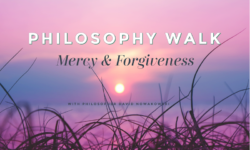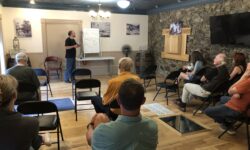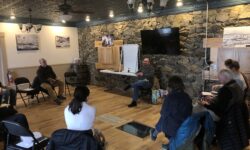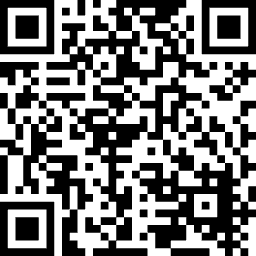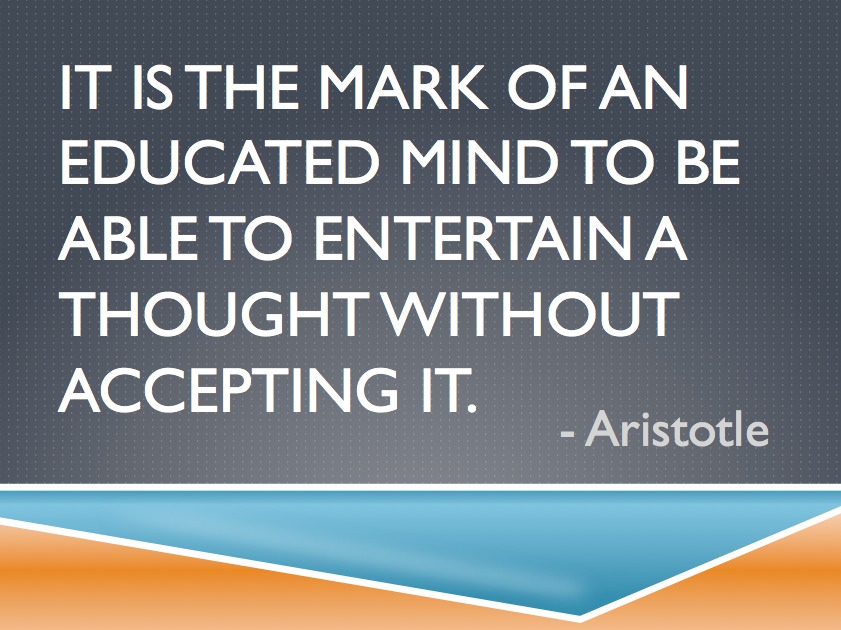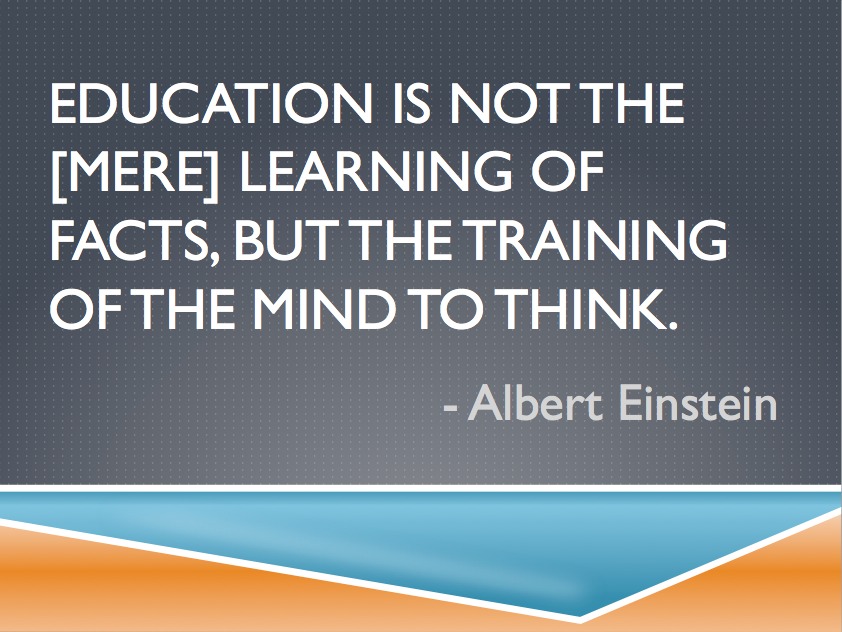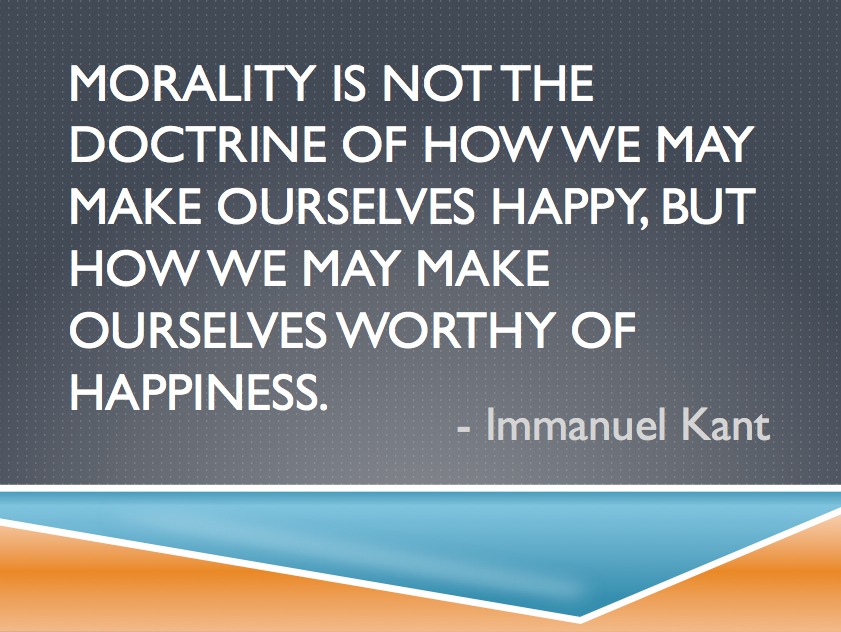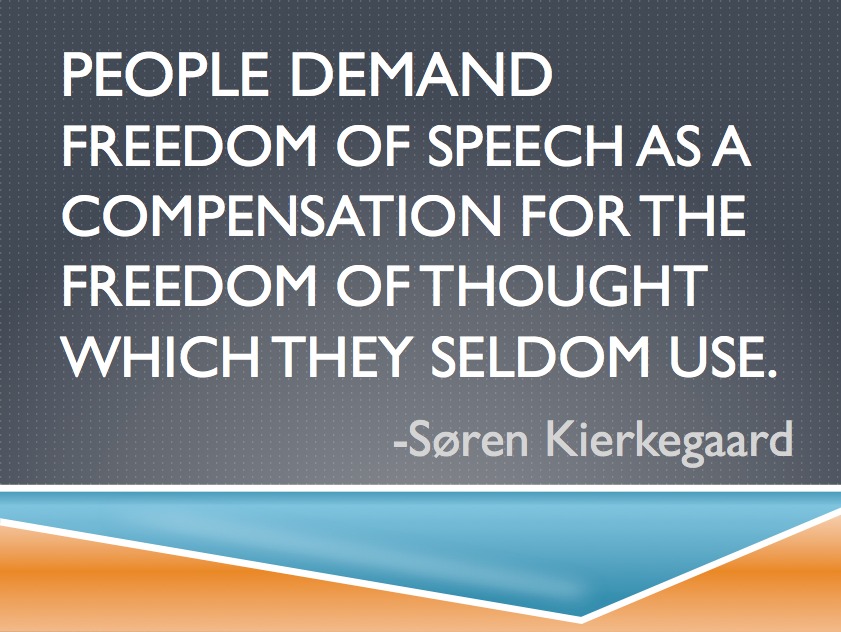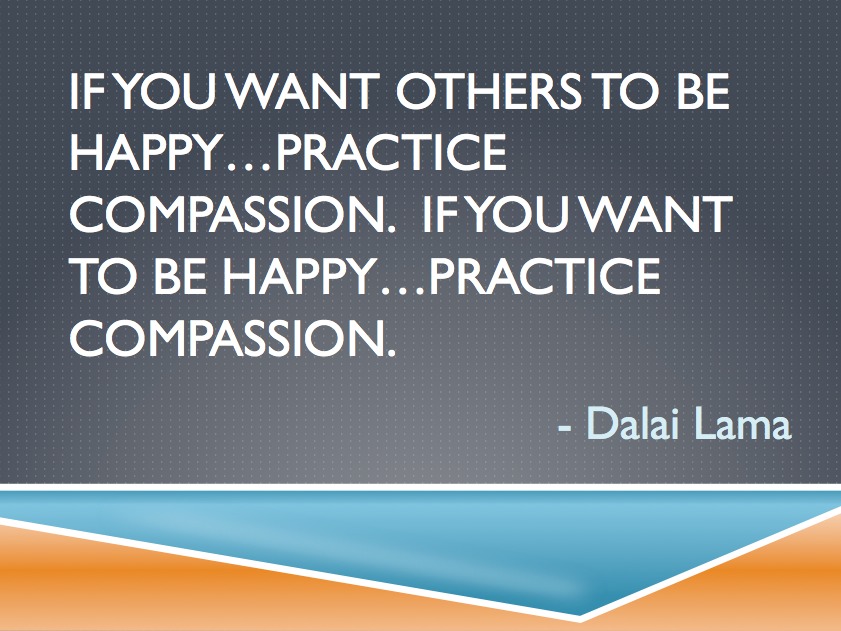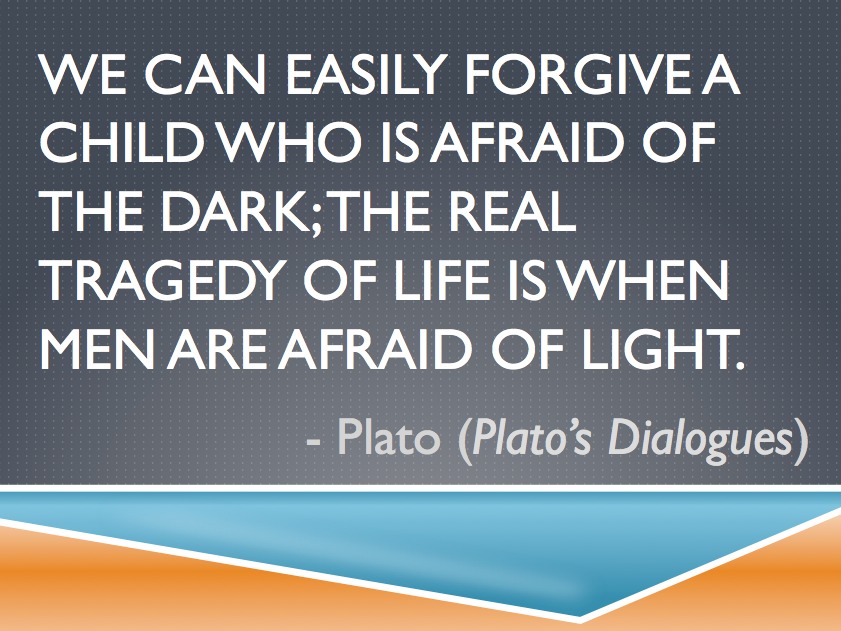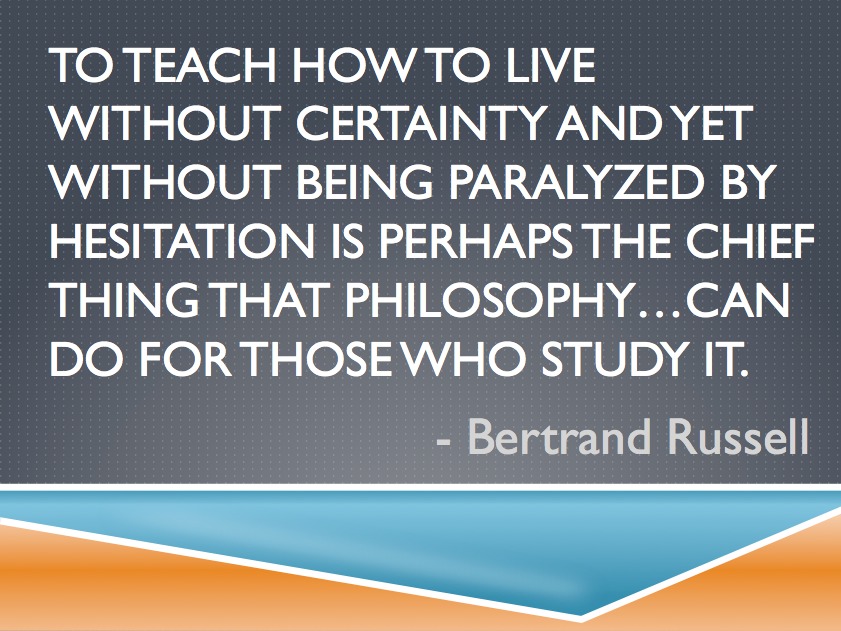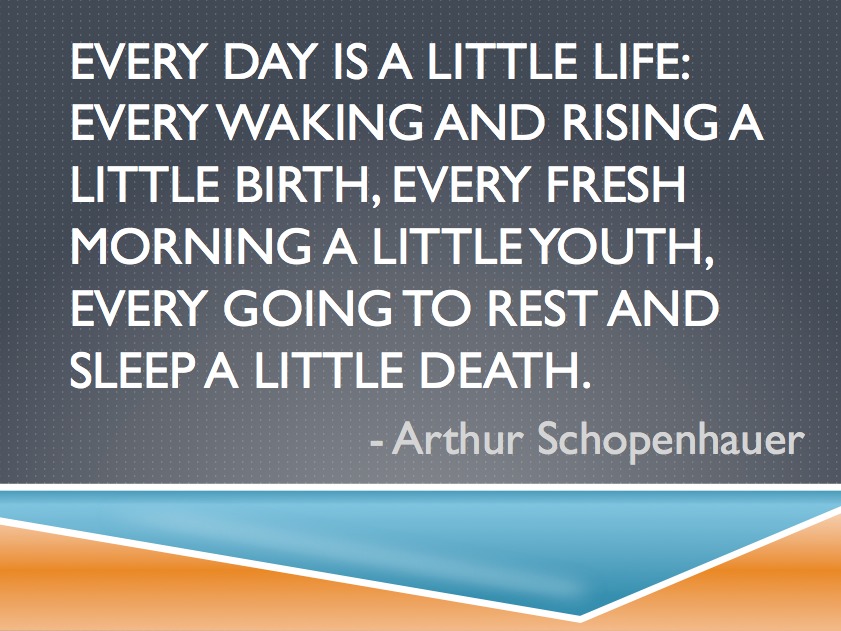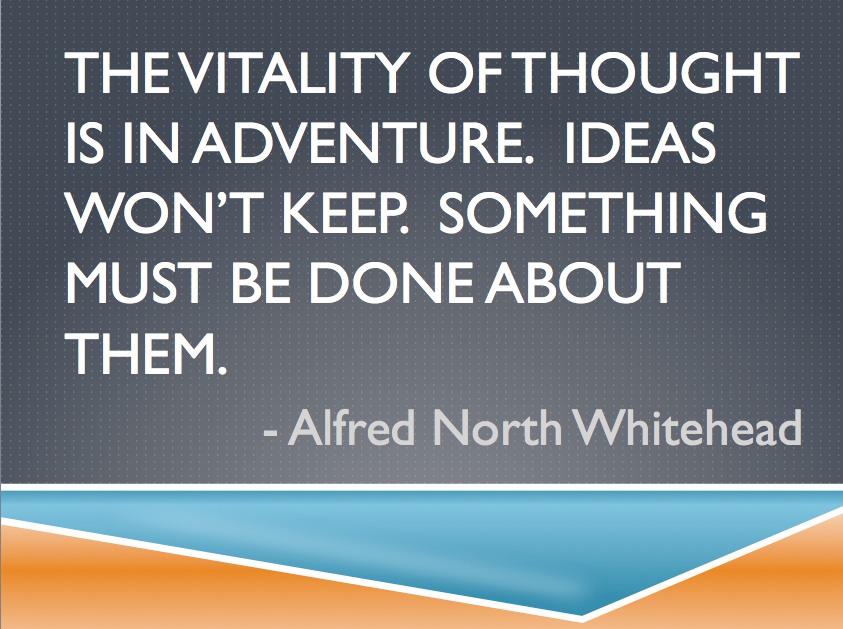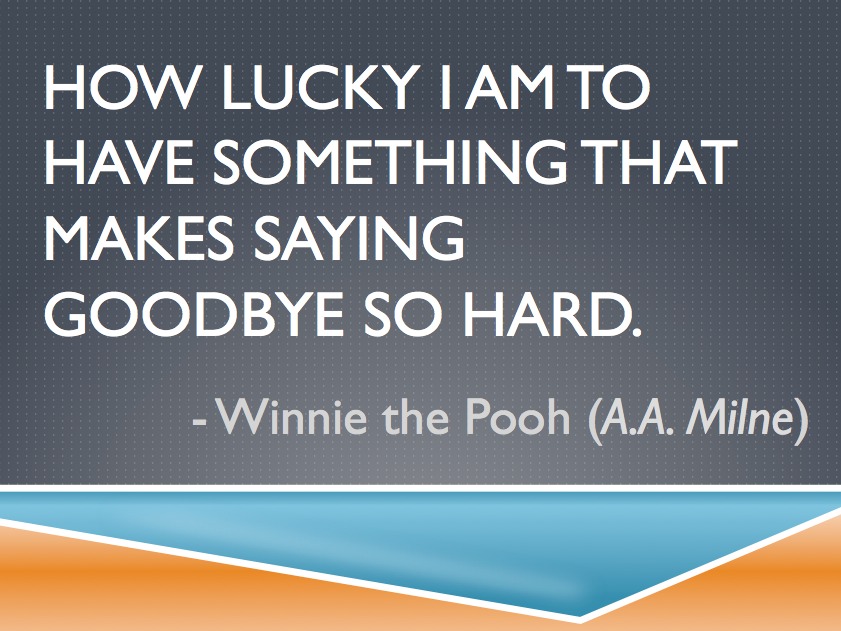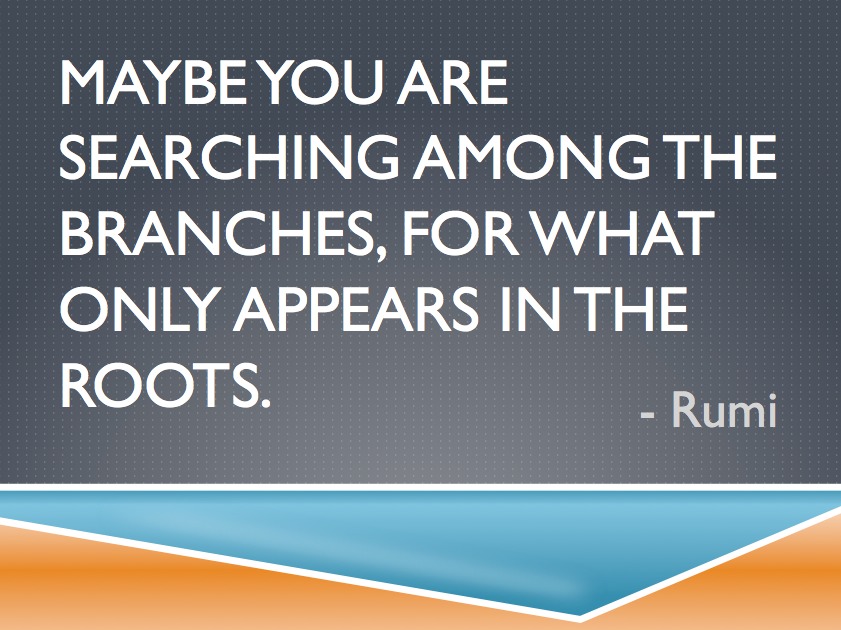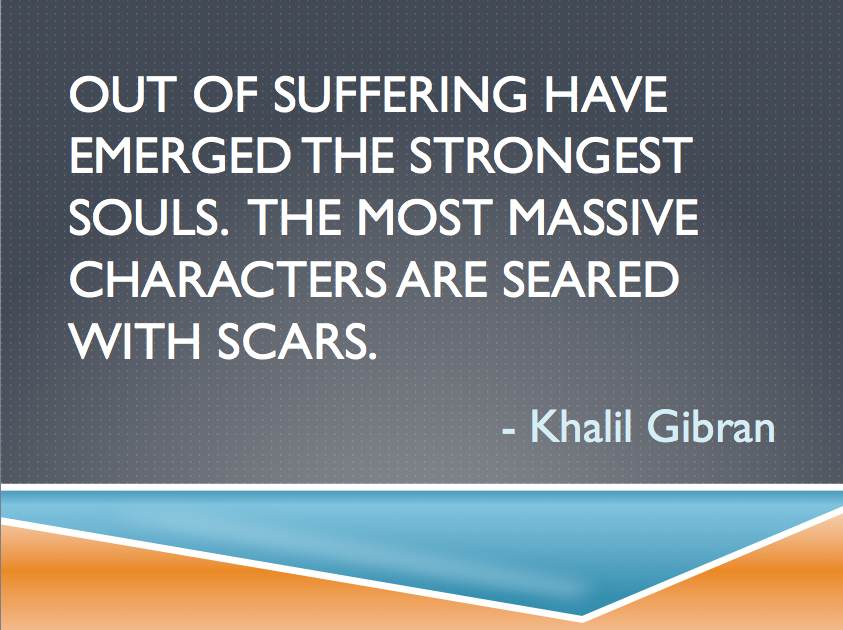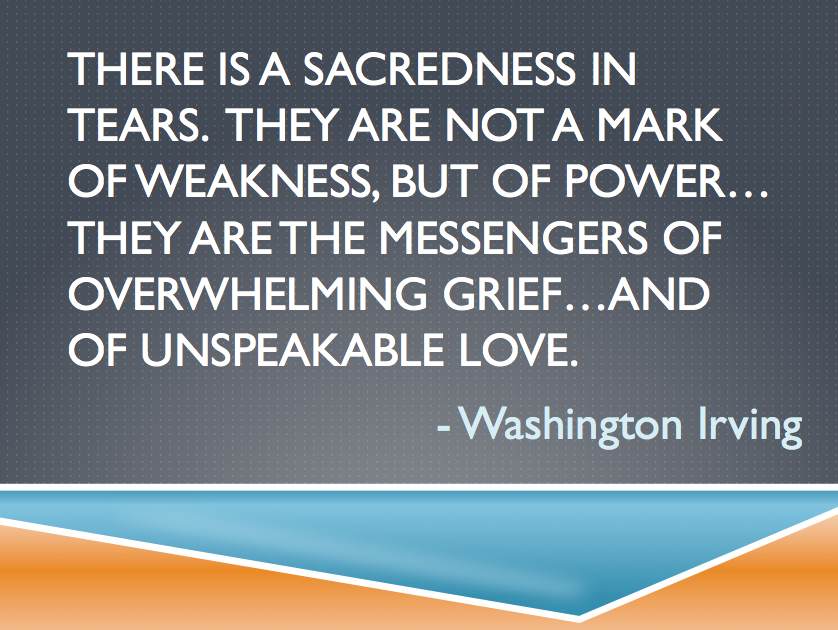How Did We Get Here?: Religion
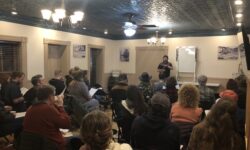
What is (a) religion? What are religions for? Whom are they for? And conversely, if someone is “spiritual but not religious” (or simply not religious), what exactly is it that they aren’t? In this evening’s program, we explored some of the ways that the concept of “religion” has evolved and radically changed over time, along with the related concepts of spirituality and atheism. And we considered some of the social, political, and historical factors which have spurred changes in dominant and popular notions of religion, without necessarily reducing the domain of religion to merely those other factors. Access phots & resources here!

